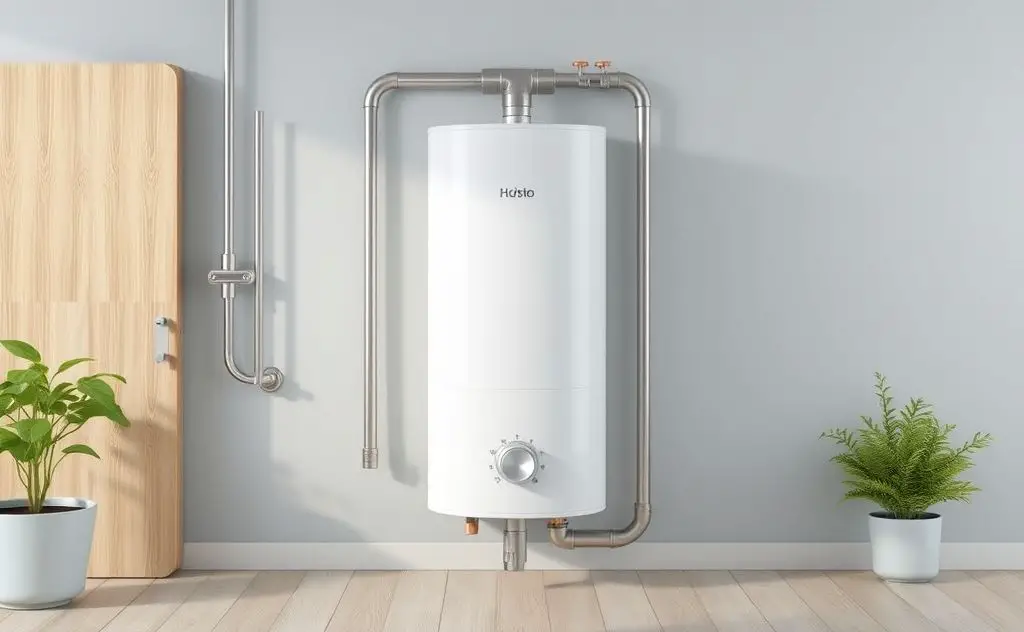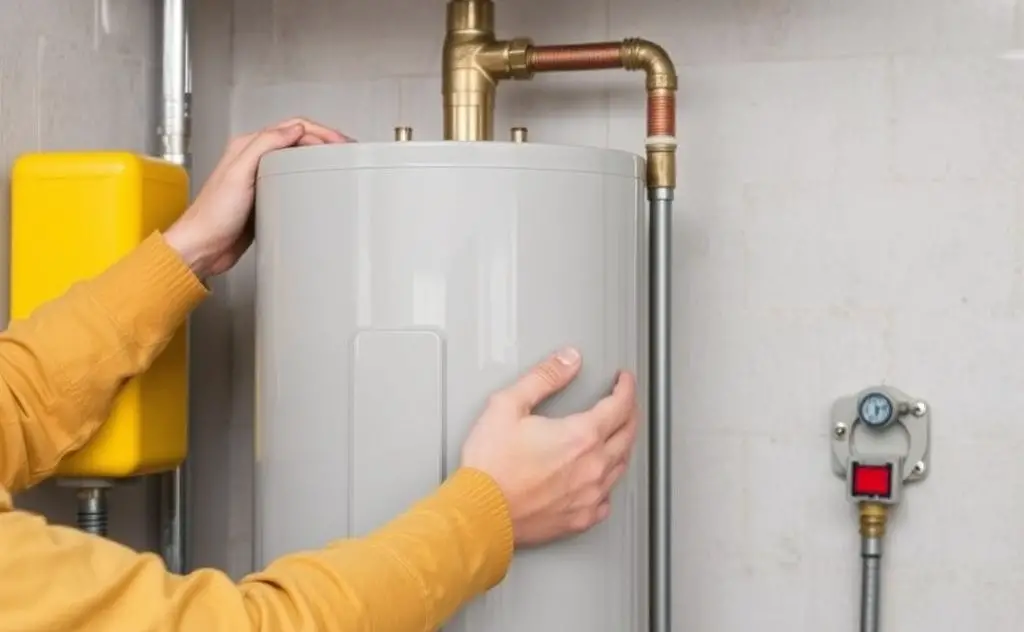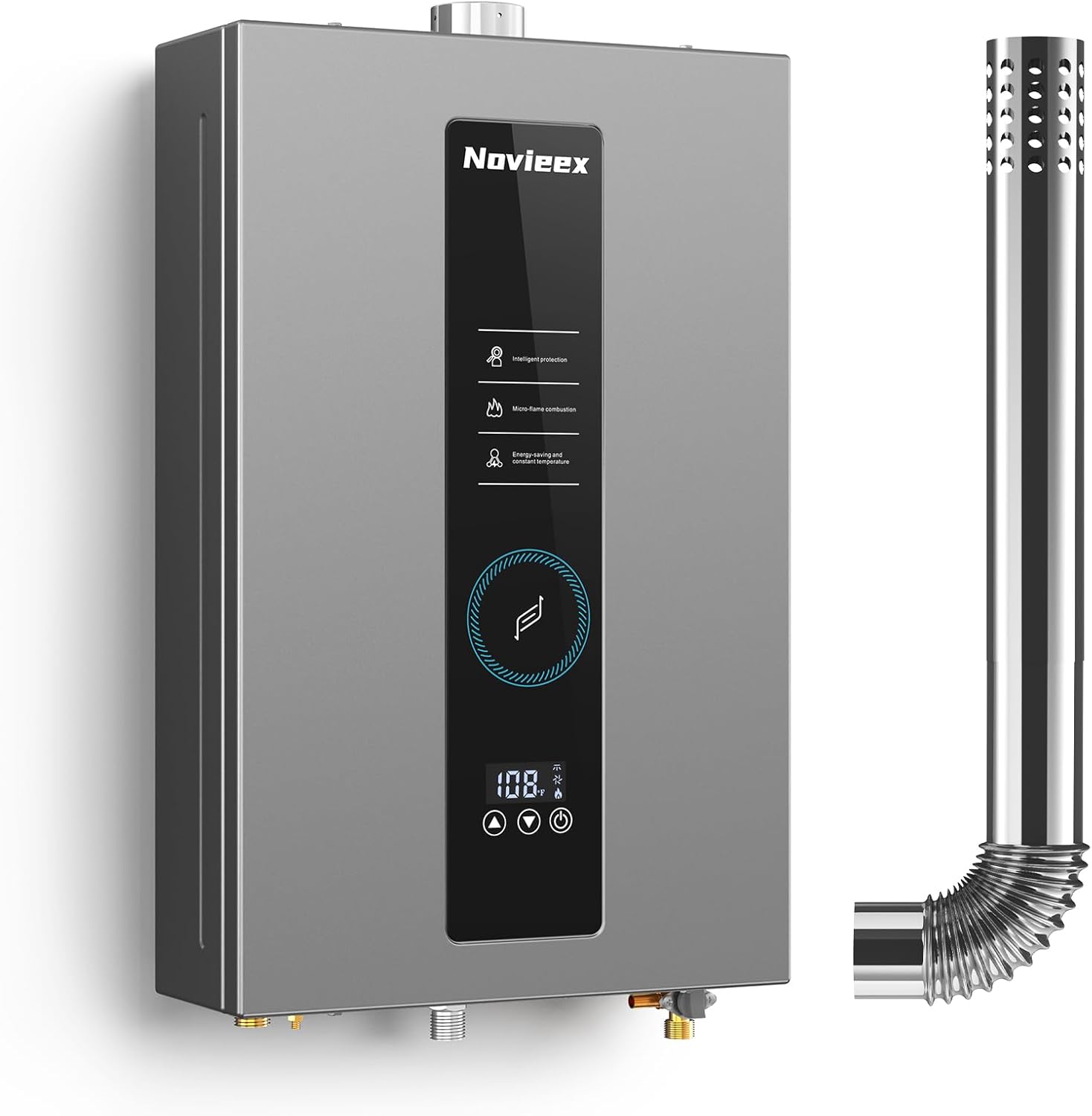Yes, a water heater is an appliance designed to heat water for residential or commercial use, making it essential for various daily activities.
Water heaters are essential for modern living, but their classification as appliances or plumbing fixtures can be confusing. This guide clarifies the debate while offering practical insights for homeowners, renters, and tax purposes.

Water Heater Classification: Appliance vs. Plumbing Fixture
The National Electrical Code (NEC) defines appliances as utilization equipment that performs specific functions like clothes washing or air conditioning. Under this definition, water heaters qualify as appliances since they’re standardized units performing a dedicated function.
However, context matters:
- For electrical codes: Water heaters are explicitly referenced in NEC Article 422 as appliances requiring proper disconnects
- For tax purposes: The IRS typically classifies whole-house water heaters as part of the plumbing system
- For rentals: Lease agreements may define them differently for maintenance responsibility
When Classification Matters Most
1. Rental Property Management
Landlords must clarify whether water heaters are appliances or fixtures in lease agreements. This determines responsibility for:
- Maintenance and repairs
- Insurance coverage
- Replacement costs
2. Tax Depreciation
While water heaters function like appliances, the IRS typically requires depreciation over 27.5 years as part of the plumbing system. However, the De Minimis Safe Harbor rule may allow immediate deduction for units under $2,500.
| Classification Context | Typical Designation | Implications |
|---|---|---|
| Electrical Codes | Appliance | Requires proper disconnect per NEC 422.31(B) |
| Tax Depreciation | Plumbing System | 27.5 year depreciation schedule |
| Rental Agreements | Varies | Determines maintenance responsibility |

Water Heater Maintenance Tips
Proper care extends your unit’s lifespan regardless of classification:
- Set temperature to 120°F (saves energy and prevents scalding)
- Test pressure relief valve annually
- Flush 1-2 gallons periodically to reduce sediment
- Inspect anode rods every 3 years
Professional Considerations
While some repairs may fall under appliance technicians, most water heater issues require plumbers. The Mr. Appliance website notes this service division, while Angie’s List recommends licensed plumbers for most water heater work.
Special Case: Tankless Water Heaters
Modern tankless units blur traditional classifications further:
- Function as high-efficiency appliances
- Often require electrical components beyond standard plumbing
- May qualify for different tax treatments
Always consult professionals for installation, maintenance, and tax questions regarding your specific water heating system.

